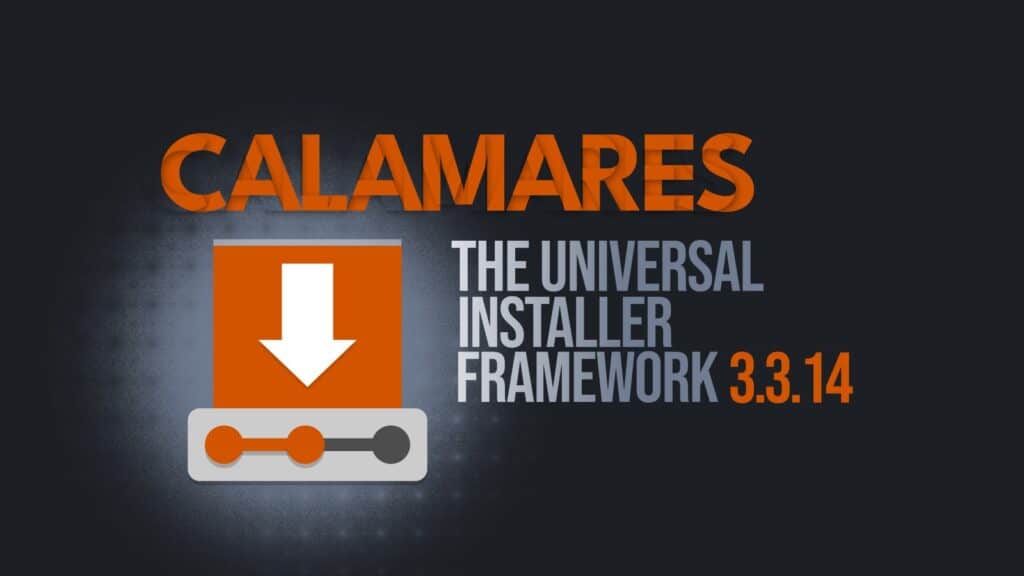The team behind a widely adopted Linux installer framework, Calamares, has rolled out its very first release of 2025, version 3.3.14, with some important under-the-hood improvements.
The main focus is on making the Python bindings more consistent and reliable. In light of this, the team resolved a lingering memory corruption problem in the Boost::Python bindings. Additionally, certain valid Python programs that functioned under Boost::Python have been carefully adapted to work properly with the newer pybind11 approach.
Moreover, the installer now offers a convenient undo-hook feature that rolls back system modifications if a user decides to cancel the installation partway through. Specifically, steps in the user interface can revert changes made to the system, preventing any unwanted keyboard layout or timezone adjustments from lingering after a canceled setup.
On the module side, the keyboard module has been upgraded to revert the system layout to its pre-installation state if the user opts to stop the installation. The locale module also gets a similar treatment to ensure that changes to the timezone can be easily undone.
As for the partition module, there are now configurable exceptions for unmounting during installation. Notably, Ventoy devices are exempted from automatic unmounting by default, thanks to community input. Lastly, a new global storage key, luksPassphrase, is introduced, intended for modules that need to manage encrypted partitions.
For more information on all changes in Calamares installer 3.3.14, refer to the official announcement. The new release and its source code can be downloaded from GitHub’s project page.
